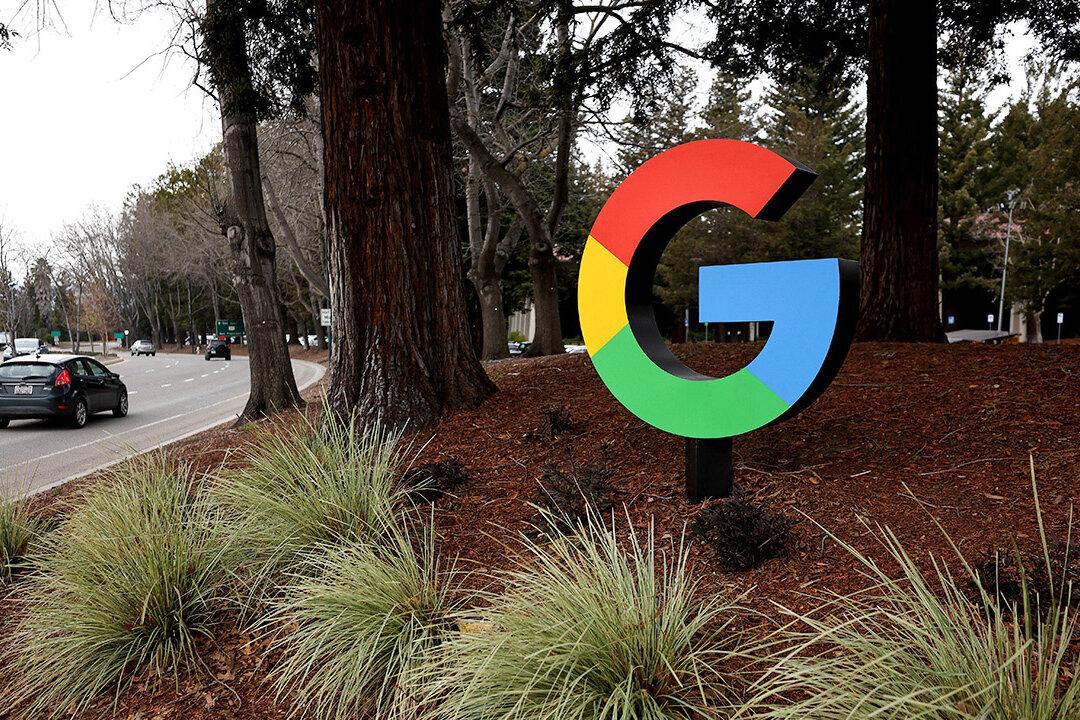WASHINGTON—The Justice Department’s prosecution of Google in Washington held closing arguments on May 2 and May 3—roughly three years after the DOJ brought the indictment and various state governments joined.
Attorneys sparred on May 3 in attempts to convince D.C. Judge Amit Mehta of whether Google held an illegal and monopolistic edge within the market for search ads.





